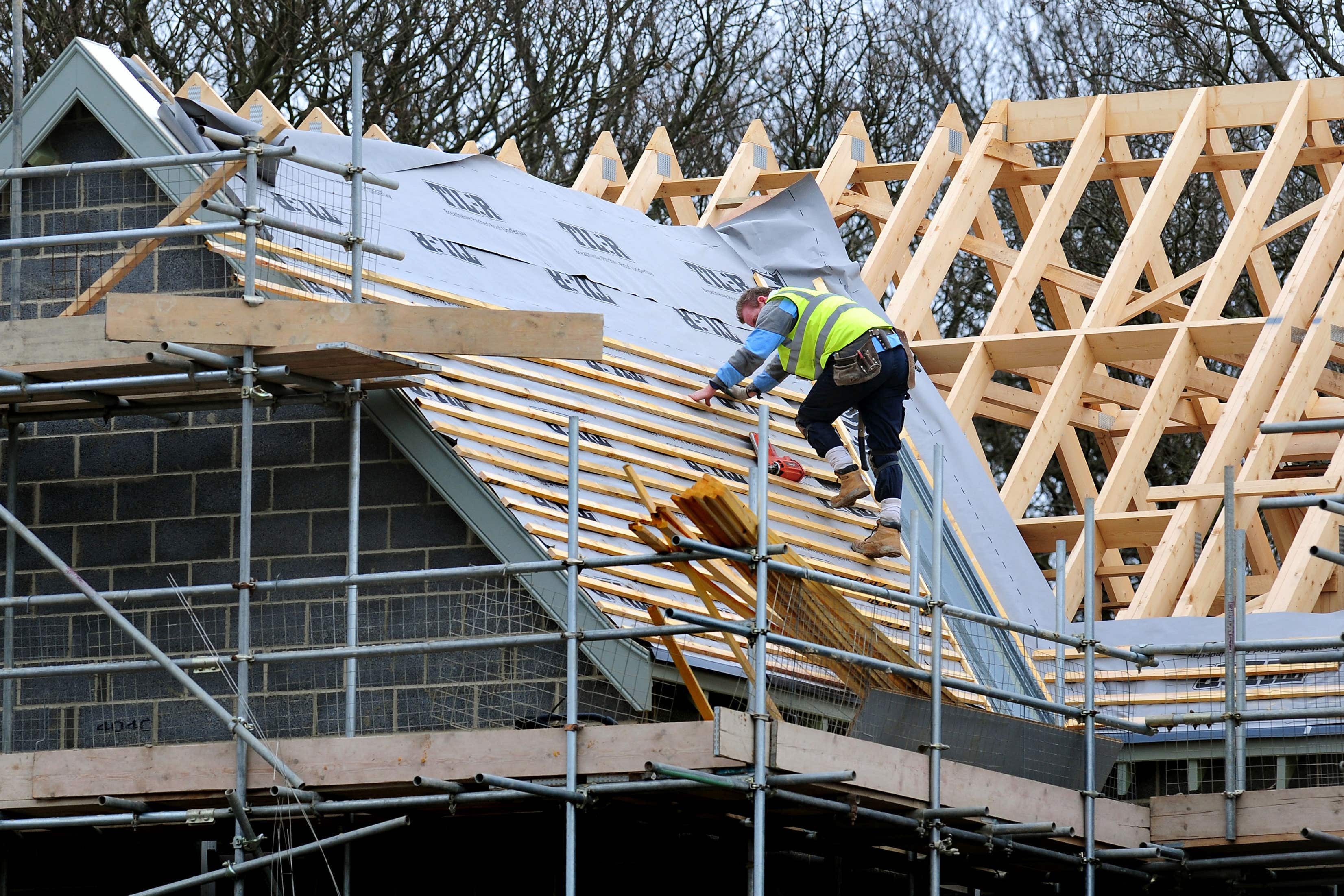Builders deflated as construction sector shrinks
An influential survey has found that the sector shrank in December at the fastest rate since the start of the pandemic.

Activity in the UK’s construction sector fell at the fastest rate since May 2020 last month, ending a brief period of growth for deflated housebuilders, an influential survey has found.
The latest S&P Global/CIPS construction purchasing managers’ index (PMI), closely watched by the housebuilding sector, scored 48.8 in December, down from 50.4 in November.
Any score below 50 indicates that construction sector output has shrunk, and December’s score marks the first contraction since August.
It also came in broadly in line with the consensus, with analysts at Pantheon Macroeconomics predicting PMI would fall to around 48.5.
Housebuilding saw a notable change of direction, with a mix of higher inflation for raw materials and transportation and the squeeze on affordability rates for mortgages resulting in fewer house sales
The sector has suffered the knock-on effects of a slowing housing market, with mortgages becoming more expensive for home buyers resulting in fewer house sales, economists said.
Yet construction firms continue to face higher inflation, pushing up the cost of raw materials and transportation, and the looming threat of a recession.
As a result, builders are feeling downbeat about the future of their businesses, the survey revealed.
December saw confidence among businesses in the outlook for the year drop into negative territory for the first time since the start of the pandemic, and for only the sixth time on record.
Dr John Glen, chief economist at the Chartered Institute of Procurement & Supply (CIPS), said: “The construction sector was stuck in the mud in December with the steepest fall in activity since the beginning of the pandemic in May 2020 and a similarly fast drop in pipelines of new work.
“Housebuilding saw a notable change of direction, with a mix of higher inflation for raw materials and transportation and the squeeze on affordability rates for mortgages resulting in fewer house sales.”
The commercial sector marked a “bright spot” in the survey, with activity growing fractionally, with a score of 50.3.
But it was offset by contractions across the residential and civil engineering sectors in December.
The construction sector managed to keep its head above water through the autumn, but now is being dragged down by the recession in the wider economy and the surge in borrowing costs faced by households and businesses
Dr Glen added: “Civil engineering, responsible for larger projects, continued to be the weakest performer again, with a sixth month in the doldrums as uncertainty about the UK economy reared its ugly head again and customers hesitated.”
Furthermore, the survey suggests that builders are reining back on recruitment amid a hesitancy to spend too much when the future of the economy is uncertain.
Employment fell below a score of 50 for the first time since January 2021, with weak sales meaning that vacancies are often not being filled, the survey indicated.
Dr Glen said: “Builders are fast running out of the resilient spirit maintained over the last couple of years as the blocks to success piled up and the winter of discontent with high inflation, strikes and shortages continues.”
Samuel Tombs, chief UK economist at Pantheon Macroeconomics, said: “The construction sector managed to keep its head above water through the autumn, but now is being dragged down by the recession in the wider economy and the surge in borrowing costs faced by households and businesses.”
But he pointed out that a drop in activity in December may have been partially driven by some builders “downing tools” during the week of heavy snow across parts of the UK.